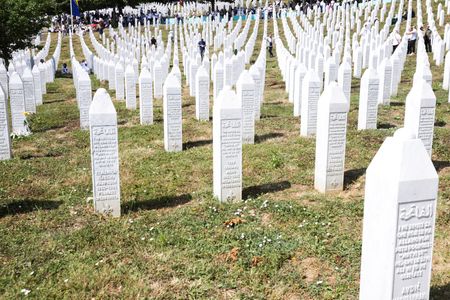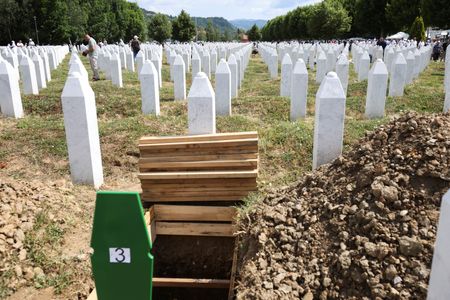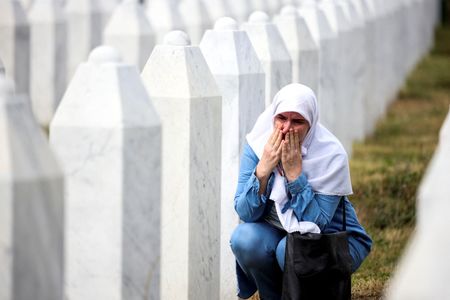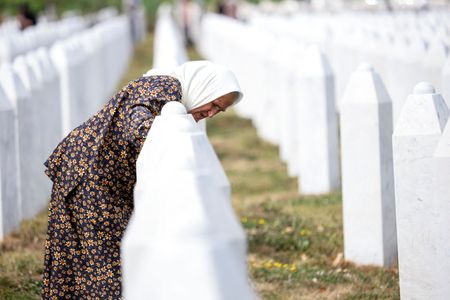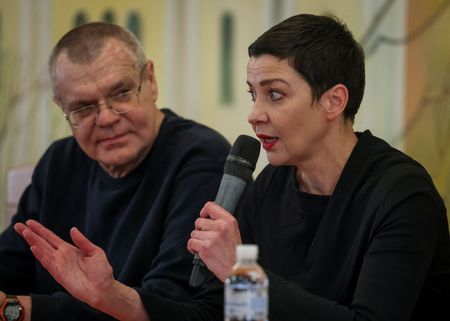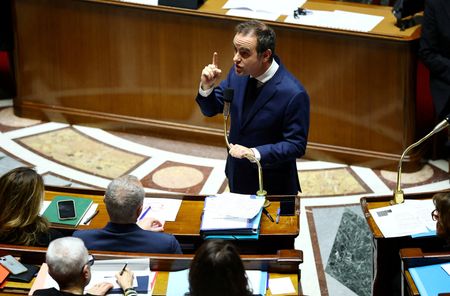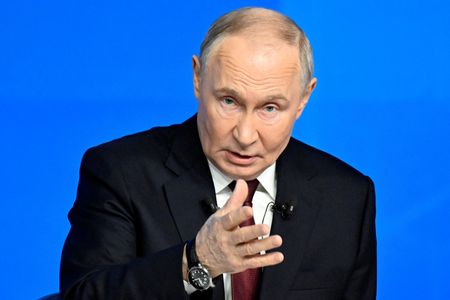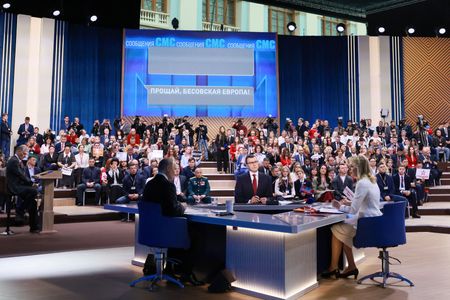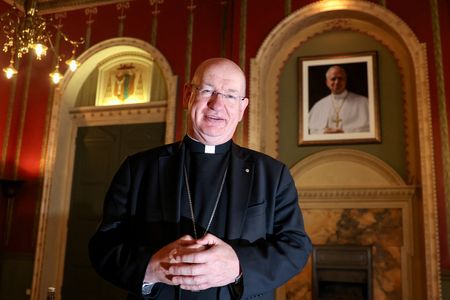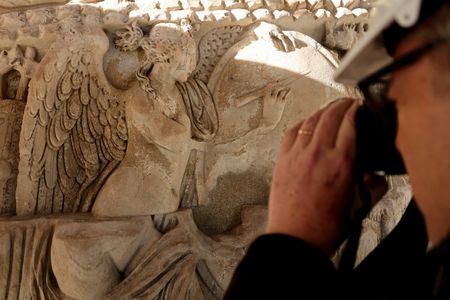SREBRENICA, Bosnia (Reuters) -Thousands of Bosnians marked the 30th anniversary of a massacre in which more than 8,000 Muslim Bosniak men and boys were executed by Bosnian Serb forces during a 1992-1995 war at a cemetery near Srebrenica on Friday.
Families buried the partial remains of seven victims, one of them a woman, alongside 6,750 already interred.
Local and foreign dignitaries laid flowers at the memorial where the names of the victims are engraved in stone.
About 1,000 victims have yet to be found from Europe’s worst atrocity since World War Two, which, decades later, still haunts Bosnia and Herzegovina’s 3 million people. Families who retrieved victims’ remains have increasingly opted to bury even just a few bones to give them a final resting place.
“I feel such sadness and pain for all these people and youth,” said a woman called Sabaheta from the eastern town of Gorazde.
Survivors and families, standing or sitting by the rows of white gravestones, joined a collective Islamic prayer for the dead before the burial.
Then, in a highly emotional procession, the men carried coffins draped in green cloth and Bosnian flags to the graves.
The massacre unfolded after Srebrenica – a designated U.N. “safe area” for civilians in Bosnia’s war that followed the disintegration of federal Yugoslavia – was overrun by nationalist Bosnian Serb forces.
While the women opted to go to the U.N.
compound, men tried to escape through nearby woods where most of them were caught. Some were shot immediately, and others were driven to schools or warehouses where they were killed in the following days.
The bodies were dumped in pits then dug up months later and scattered in smaller graves in an effort to conceal the crime.
General Ratko Mladic, who commanded the forces, was convicted of genocide by a U.N.
war crimes tribunal in The Hague, along with Serb political leader Radovan Karadzic.
KEEPING MEMORY ALIVE
“We stand in solidarity with the loved ones left behind,” Antonio Costa, the European Council president, said at the commemoration ceremony.
“And we pledge to keep the memory alive.”
As part of the commemoration, nearly 7,000 people took part in a three-day peace march in reverse of the 100 km route that some Muslim Bosniak men managed to take from Srebrenica to escape the Bosnian Serb death squads.
Two international courts have ruled the massacre was genocide but Serb leaders in Bosnia and Serbia dispute the term, the death toll and the official account of what went on – reflecting conflicting narratives of the Yugoslav wars that still feed political divisions and stifle progress towards integration with Western Europe and the EU.
“There is no room in Europe – or anywhere else – for genocide denial, revisionism, or the glorification of those responsible,” Costa said.
His words were echoed by Britain’s King Charles in a message to the Srebrenica survivors.
“Many of the individuals responsible are now rightly facing justice, but this does not absolve the rest of us of our duties: both to acknowledge the international community’s failure to prevent the horror and to do all we can to ensure it never happens again.”
Last year, the U.N.
General Assembly declared July 11 an international day of remembrance of the Srebrenica genocide, with many countries organising commemorations this year.
“This can never be forgotten. Who can say this wasn’t a genocide?
Only a person without a soul,” Sabaheta said.
(Additional reporting and writing by Daria Sito-Sucic; Additional reporting by Sam Tabahriti in London; Editing by Edward McAllister, Andrew Cawthorne and Alex Richardson)

